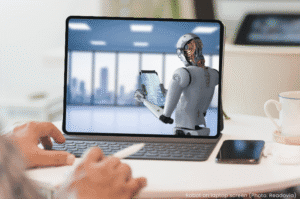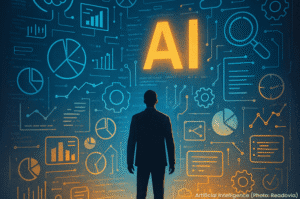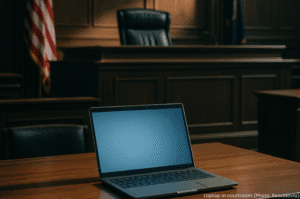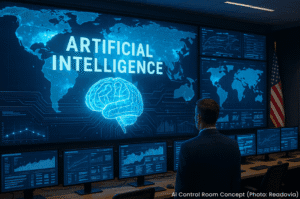It’s official: AI can pass the bar exam. Again. And not just barely. In the latest round of standardized testing, large language models like GPT-4 and Claude 3.5 aced legal licensing exams with scores rivaling top-tier law school grads.
So… do we clap, panic, or lawyer up?
The Scorecard (and the Shivers)
AI models aren’t just squeaking by—they’re crushing the Multistate Bar Exam, outperforming the majority of human test-takers. One benchmark showed GPT-4 scoring in the 90th percentile. Claude 3.5 followed closely behind, breezing through questions on torts, contracts, and criminal law like it had office hours with Scalia.
These systems aren’t “understanding” law in the traditional sense—but they are pattern-matching and reasoning at levels once thought impossible for machines.
Impressive? Absolutely. But Useful?
On paper, this is mind-blowing. In practice? Mixed.
AI can write a brief—but would you let it argue in court?
It can draft a contract—but who’s checking for nuance, ethics, or creative strategy?
It can spot errors faster than a paralegal—but still needs human judgment to decide what matters.
In other words: AI is a terrifyingly brilliant assistant—not a lawyer. Yet.
Who Should Be Paying Attention (Hint: Not Just Lawyers)
Law firms are already experimenting with hybrid teams—partner + AI = faster filings, cheaper billing, and fewer late nights.
Legal tech startups are racing to productize this—creating AI-powered tools for everything from tenant rights to trademark filings.
Everyday users may soon have access to AI-driven legal help on demand. (Imagine asking a chatbot if your landlord can legally raise rent mid-lease.)
Why It’s Also a Little Scary
If AI can pass the bar today, how long until we let it practice? Or worse, when do we start trusting it more than people?
Bias baked in? AI can regurgitate legal precedent with perfect memory—but it can also amplify historical biases and injustices.
False confidence. Legal-sounding text isn’t always correct. Lawyers are trained to argue both sides. AI? Not so much.
Job disruption. First it came for the paralegals. Now it’s eyeing junior associates. Soon it might reshape the entire legal services economy.
Readovia Rundown: What It All Means
| Insight | Why It Matters |
|---|---|
| AI passed the bar | It can mimic legal reasoning at elite levels |
| Not a licensed attorney | It’s still a tool—not a person |
| Changing legal workflows | Faster drafts, fewer entry-level jobs |
| Access to justice may grow | AI could democratize basic legal guidance |
| Regulation is still lagging | No formal guardrails on AI “practicing law” yet |
Bottom Line
AI passing the bar exam is both a flex and a warning. It proves just how far these models have come—and how close we are to rethinking what it even means to be an expert.
For now, you still need a human lawyer to stand in court. But if AI keeps leveling up, the legal profession might be heading for its own kind of cross-examination.
The Author

Kai Zhang
Staff Writer, Readovia













